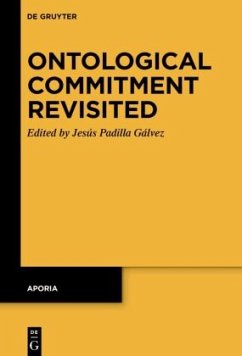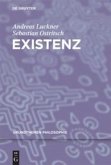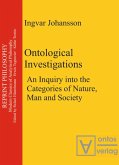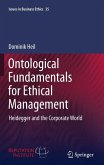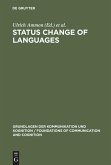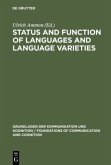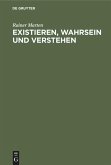Ontological commitment implies that each theory is supposed to specify the type of entities that form its components. Representatives of a theory share an ontological commitment in relation to the objects they refer to. There are theories that admit the existence of universals while others do not. As there are different ways of speaking about universals it is necessary to decide what a universal term corresponds to. It is essential to have a criterion that enables us to decide which kinds of objects are allowed as references for the terms used. In this volume two different approaches are discussed: first, in cases where only extensional languages are accepted; second, when intensional elements are required to determine the meaning such terms as "Sachverhalt", intentional statements or representations. The ontological commitment associated with extensional theories exclusively admits the existence of physical objects, whereas intensional theses additionally include universal and abstract entities. The study of ontological commitment enables us to measure the ontological economy of theories. This serves as a basis for the choice of theory. The authors of this volume discuss relevant issues of both models and provide new solutions.
Hinweis: Dieser Artikel kann nur an eine deutsche Lieferadresse ausgeliefert werden.
Hinweis: Dieser Artikel kann nur an eine deutsche Lieferadresse ausgeliefert werden.

